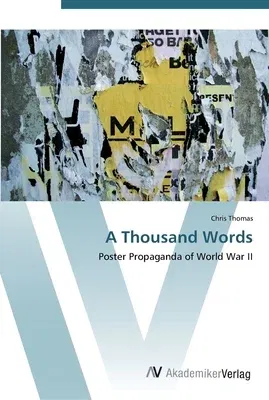Chris Thomas
(Author)A Thousand WordsPaperback, 17 August 2012

Qty
1
Turbo
Ships in 2 - 3 days
In Stock
Free Delivery
Cash on Delivery
15 Days
Free Returns
Secure Checkout
Print Length
152 pages
Language
English
Publisher
AV Akademikerverlag
Date Published
17 Aug 2012
ISBN-10
3639452909
ISBN-13
9783639452907
Description
Product Details
Author:
Book Format:
Paperback
Country of Origin:
US
Date Published:
17 August 2012
Dimensions:
22.86 x
15.24 x
0.89 cm
ISBN-10:
3639452909
ISBN-13:
9783639452907
Language:
English
Pages:
152
Publisher:
Weight:
231.33 gm

